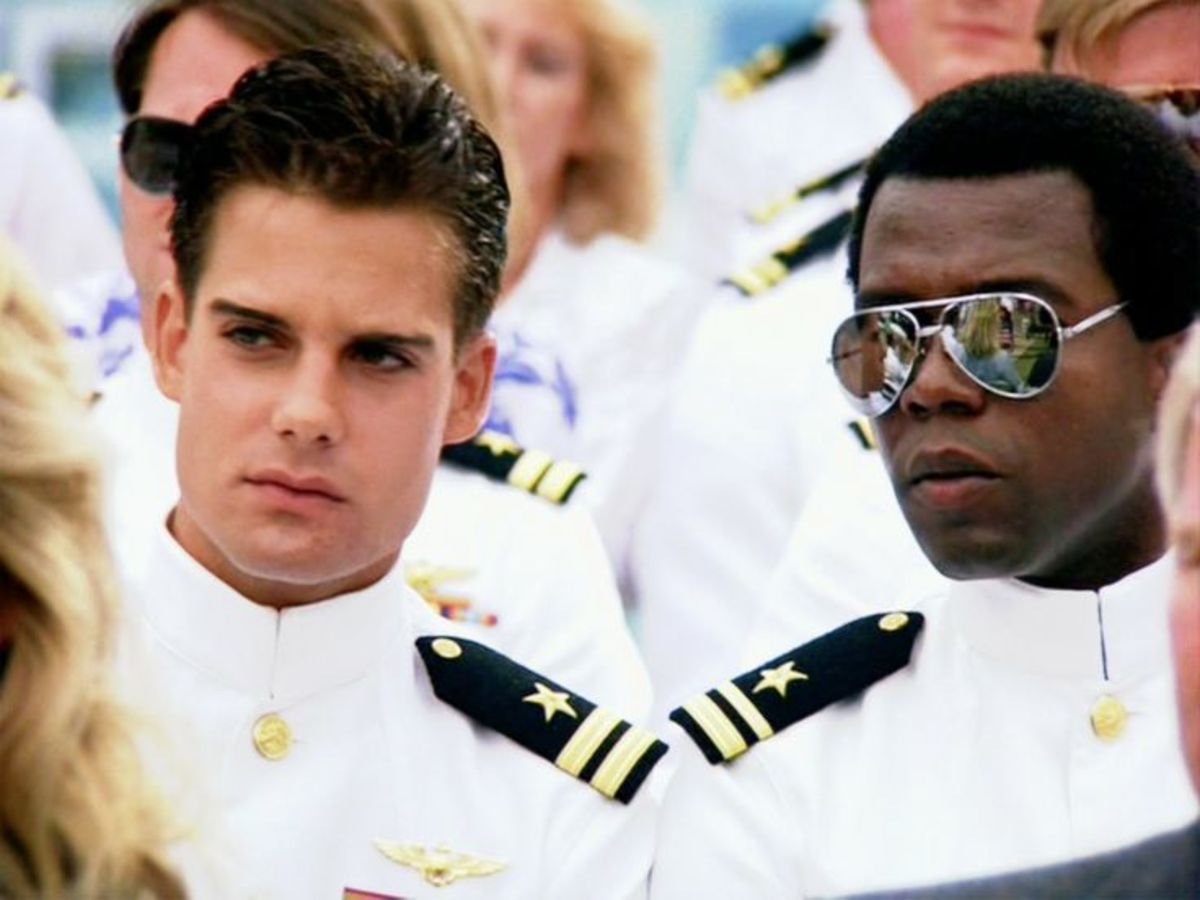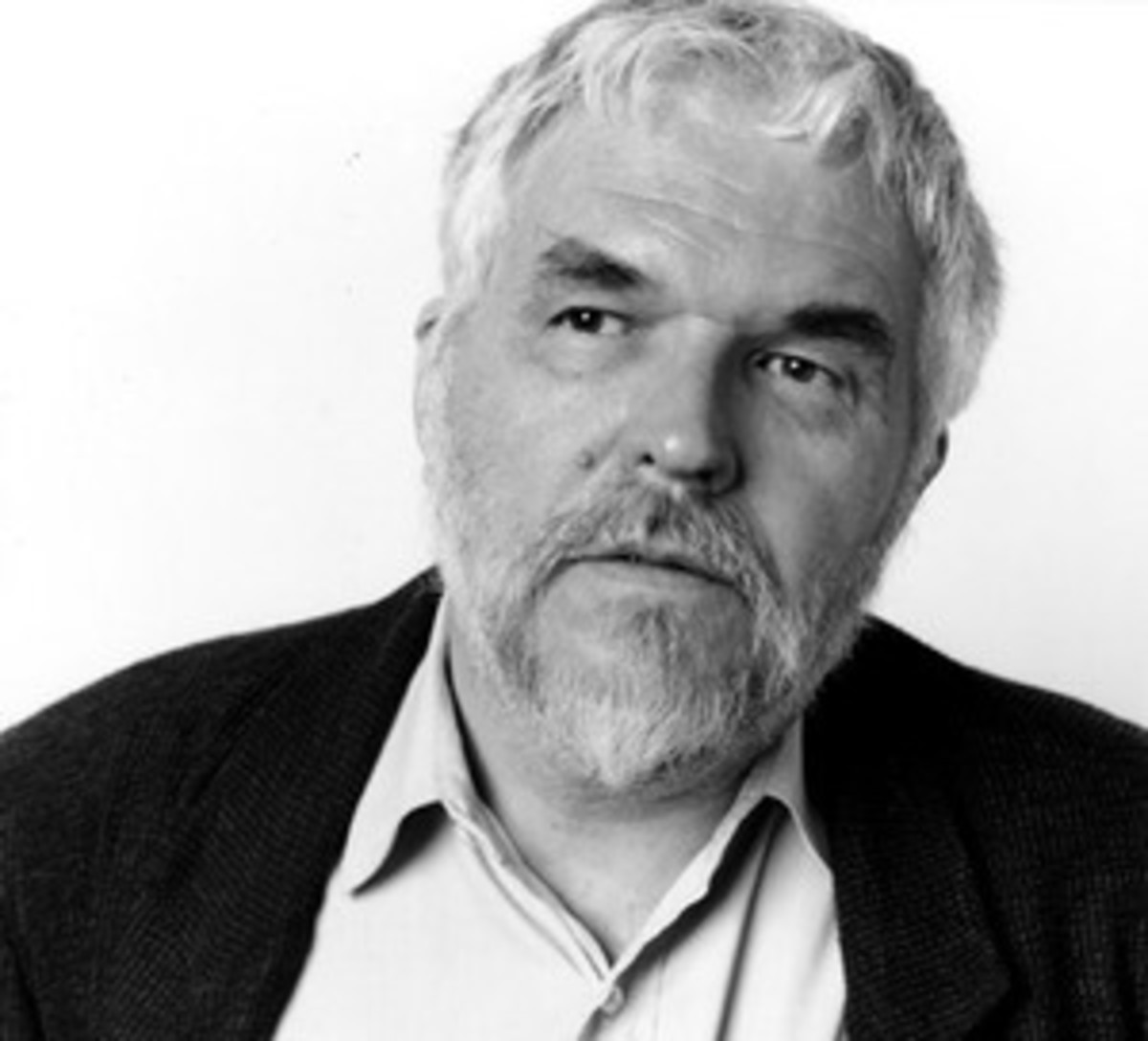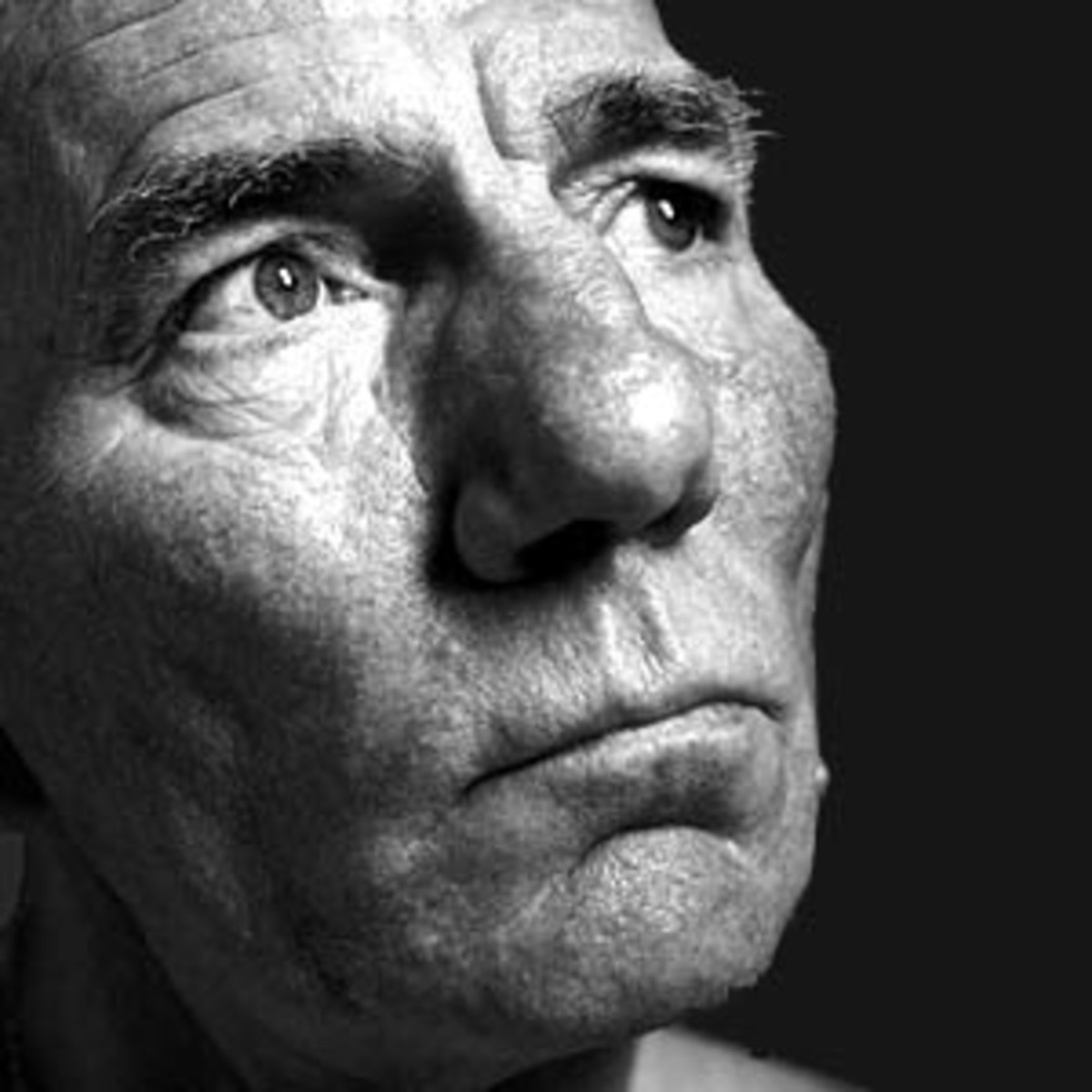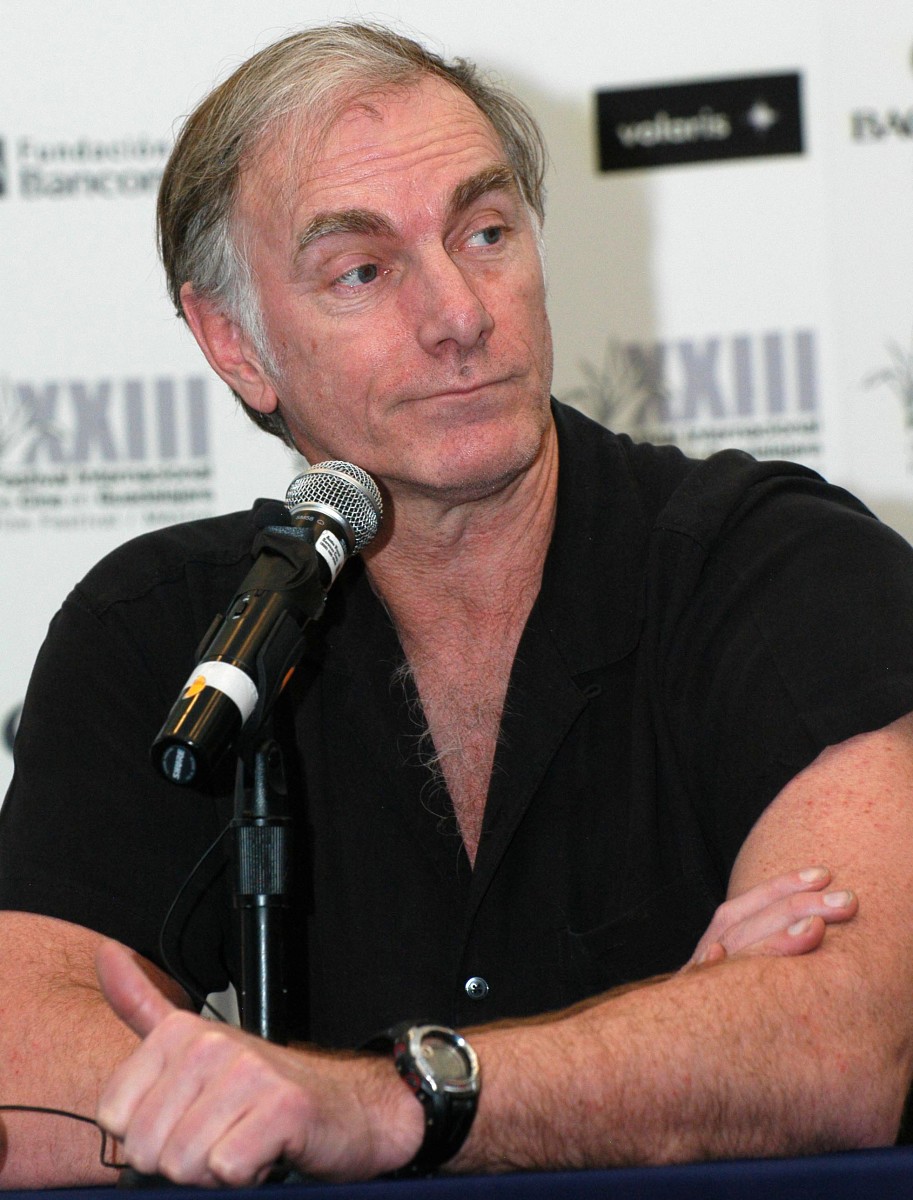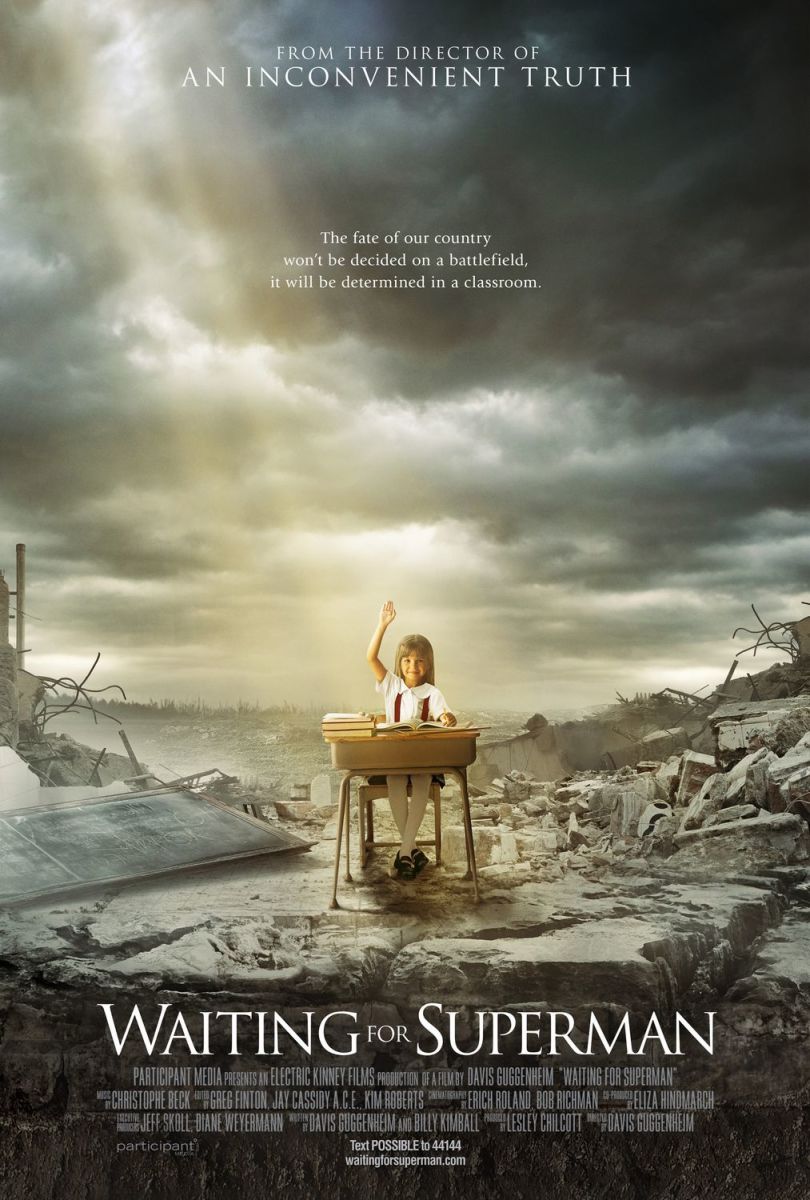Why You Should Give British Film a Chance

“Cinema is dying”?! Think Again!
“Cinema is dull”, “cinema is dying”, “cinema is dead” tend to be the three opinions spewing from the pages of pompous broadsheets in their regular end of year film round-ups.
Indeed I may be inclined to agree if I was to judge the artistic quality of modern movies on the summer onslaughts of dirgy D.C Comics flicks and Michael Bay’s terrible ‘Transformers’ (a fifth of which is depressingly stinking up a cinema as we speak!).
Perhaps these may be what mainstream multiplex audiences endlessly experience. As far as the British independent scene is concerned, though, the situation couldn’t be more drastically different.
Yes. Hollywood may be overrun by greedy corporations desperate to cash-in on a commercial extravaganza. But take a trip down to your local arthouse picturehouse and witness the difference back home…

5. Feminism
Misogyny and sexism prevail in Tinseltown. Want evidence? Just look to a distasteful shot of Megan Fox bending over a motorbike in ‘Transformers: Revenge of the Fallen’ (2009)!
No such endless scenes of tanned, dyed blonde girls in bikinis, hotpants and Lycra exist on the UK screen! This year alone has seen phenomenal female-led British fare such as ‘The Levelling’, ‘Lady Macbeth’ and ‘Their Finest’. All of which featured strong, empowered feminine role models that were never defined by their waist size, boobs or bone structure.
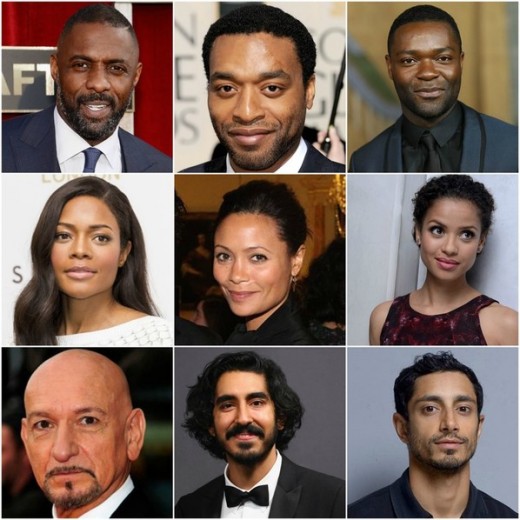
4. Ethnic Diversity
Ethnic diversity is thriving in British Film. Simply turn your eyes to outstanding black British actors such as Idris Elba, Chiwetel Ejifor and David Oyelowo. An actress front sees talent such as Naomie Harris, Thandie Newton and Gugu Mbatha-Raw soaring.
As for Asian performers, Ben Kingsley, Dev Patel and Riz Ahmed represent an important pantheon.
Whereas US studios would largely typecast those of an ethnic minority in hideously stereotyped supporting roles; not only do these stars headline respected UK productions, but their characters are not dictated by race.
An impressive example would be Idris Elba’s titular role in the BBC’s ‘Luther’ (2010-). Ok. It’s a TV Show, not a film. But Elba’s tortured central detective is never once referred to as “black”.
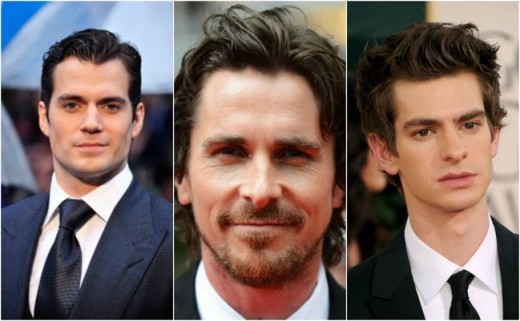
3. The Best Stars are Brits
Hollywood may claim to have the upper-hand on a capital front, but, let’s face it, they rely on us!
Who knew Superman’s Henry Cavill, Batman’s Christian Bale and Spiderman’s Andrew Garfield were all Brits?
On top of this, actresses such as Kate Winslet, Emma Thompson and Carey Mulligan have been taking the OSCARS by storm for years!
Behind the camera, British-born Christopher Nolan has subverted the standards of franchise fodder with the cerebral ‘Inception’ (2010) and intergalactic ‘Interstellar’ (2014). Made hell of a lot of cash too!
Back on UK shores is a sprawling spawn of British directorial juggernauts including Edgar Wright (‘Baby Driver’, ‘Shaun of the Dead’), Ben Wheatley (‘Free Fire’, ‘Sightseers’) and Paul Greengrass (‘Jason Bourne’ series, ‘Captain Phillips’). All of whom – upon their ventures across the pond – have created some of the most refreshingly alternative spins on the average blockbuster.
What’s to say? Brits rule Tinseltown!
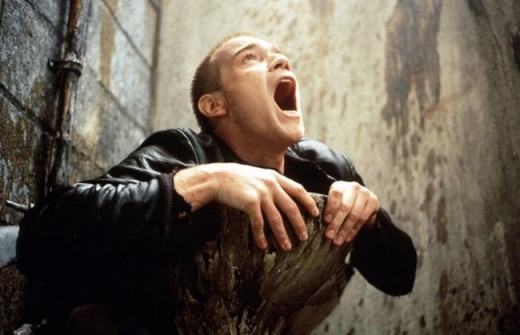
2. Authenticity
Whereas 21st Century Hollywood is a market place for superheroic escapism and overwrought melodrama, British cinema wrings with realism!
Whether it be the grungy nightclubs of Edinburgh’s ‘Trainspotting’ (1996) or the sink estates of Sheffield’s ‘The Full Monty’ (1997), there’s something unflinching and raw about the way British film-makers treat their very real subjects (with some good ole’ Brit humour too!).
You won’t find a ray of heart-yanking sunshine or a Sigur Ros song playing over gravelly streets in the movies of Ken Loach and Mike Leigh. Instead you’ll find gritty, anguished yet poignant politics; unrelentingly getting to the heart of social stigma that is holding this country back!
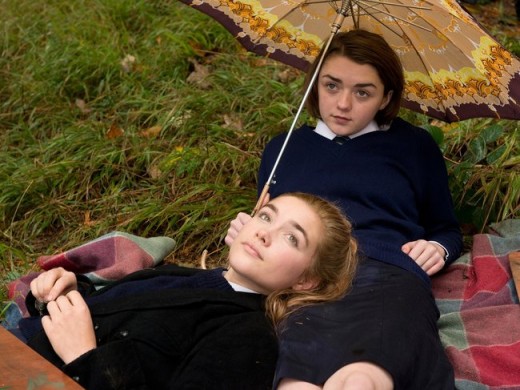
1. Art, not money
As L.A corporations continue to drain the pennies from our wallets in the most miserable of manners, there’s a cost to that itself. It’s that their productions are largely bereft of creativity, soul and originality.
Perhaps it’s inevitable that if a film’s monetary success is entirely guaranteed by the size of its superhero, star and special effects, any lack of effort put into it is justified.
Independent British cinema may not match the behemoths of budgets on display in the States, but their lack of debt to corporate chauvinists may be their greatest asset.
My favourite Brit pic of recent years is a low-key surrealist school drama named ‘The Falling’ (2015). Helmed by independent director Carol Morley and led by Maisie Williams (both further emphasising Britain’s championship of female screen talent), this was a swooning, haunting coming-of-age saga exploring adolescent angst and sexual awakening; while chin-stroking over a fainting epidemic in an all-girl’s school.
This kind of ambitious, beautifully subversive cinema – crafted entirely from a film-maker’s own vision – would not be possible had it been tailor-made for studio bean-counters.
Should artistic films like this continue to be produced, the idea that cinema has no place left in the world is a no-brainer…
© 2017 Roshan Chandy

